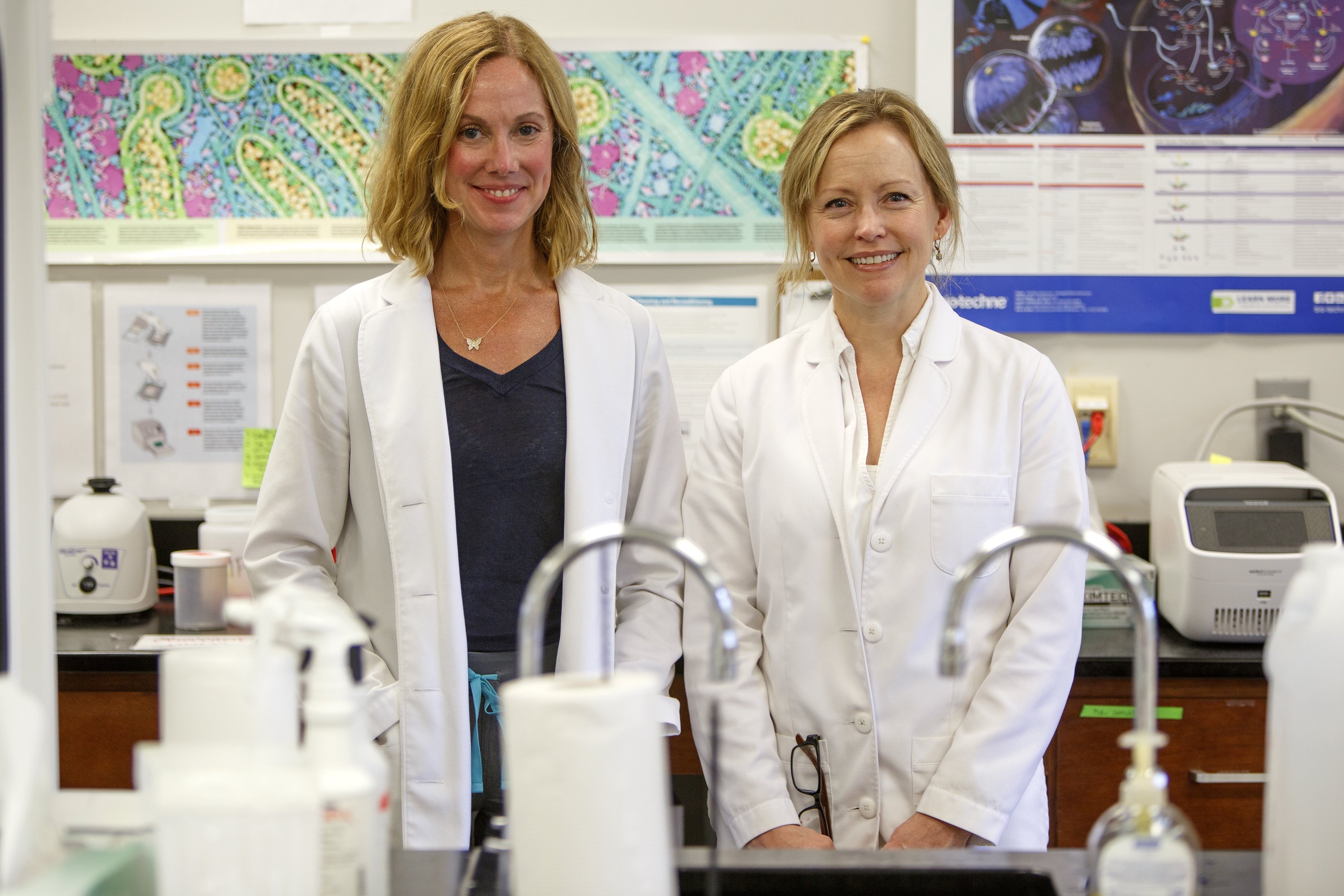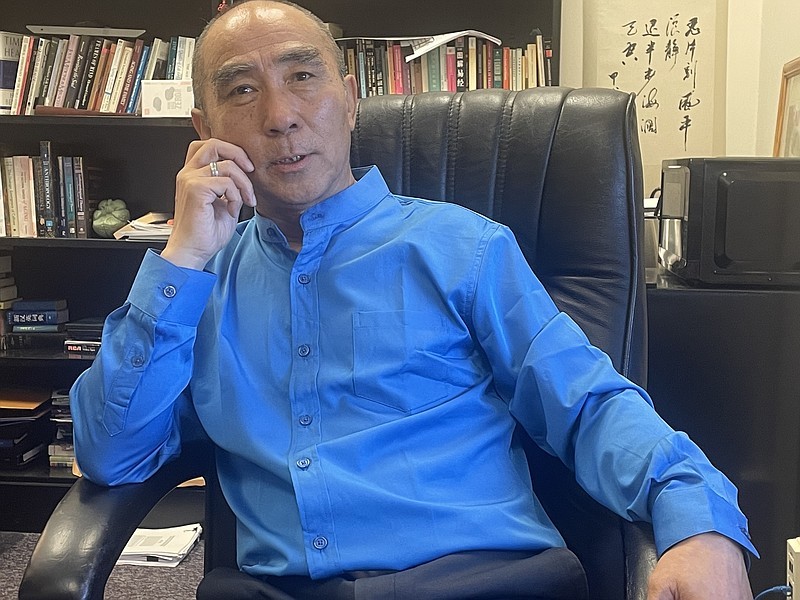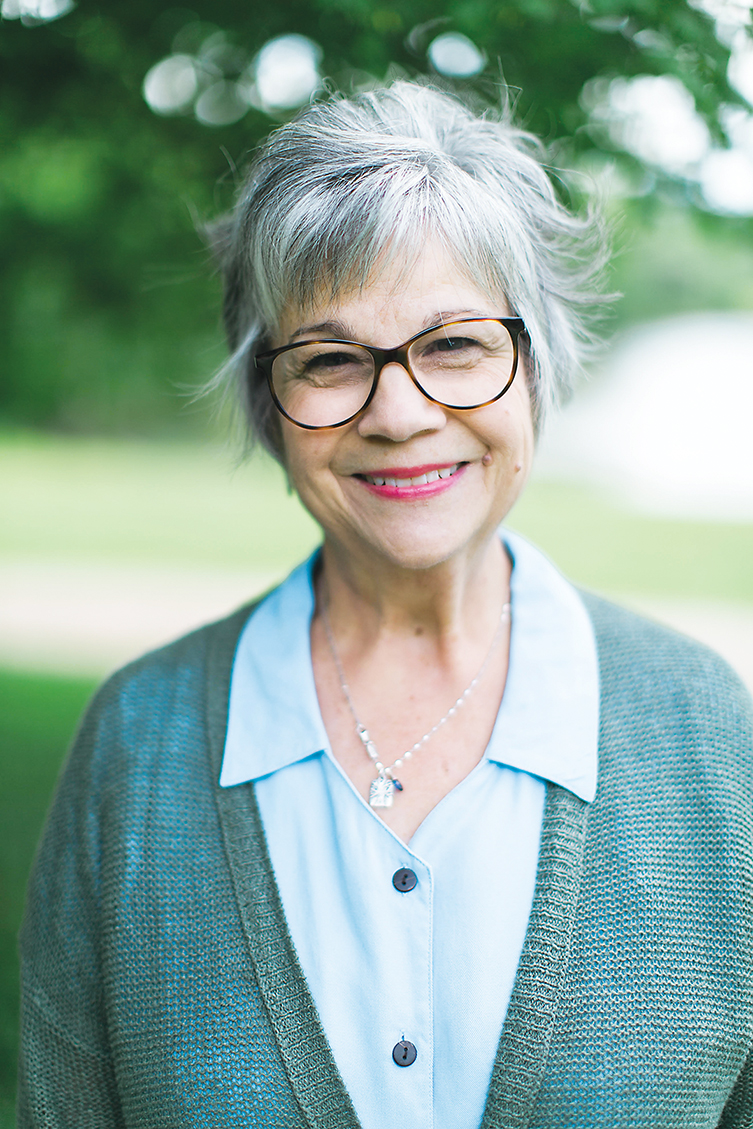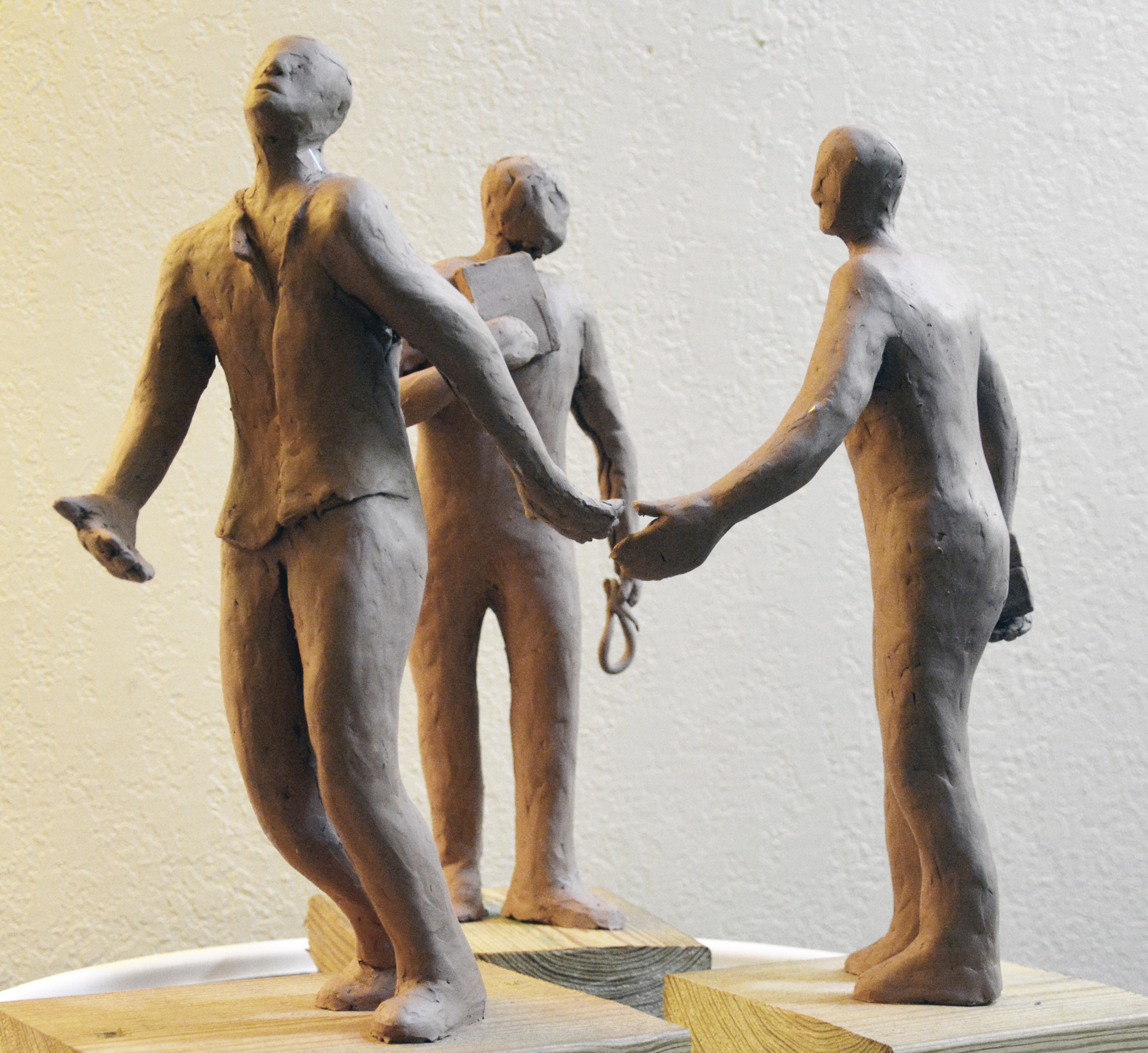Chattanooga, how do we love thee? Let us count the ways.
One, the urban wilderness. Two, the internet speed. Three, the blue rhino sculpture in Coolidge Park. Four, Uncle Larry’s restaurant, which just opened its fourth location serving up that famous fried fish.
We could go on — and we will. Below, we present you with dozens of additional reasons to love the Scenic City for its people and its philanthropic spirit.
Meet a few of the folks who make us most proud, from football legends to industry pioneers who are changing the world. See the stats that compare our cost of living to other mid-size cities, and reacquaint yourself with the history of our iconic cityscape. [See more reasons why we love Chattanooga here.]
Get ready to feel even more grateful to call Chattanooga home.
THE PEOPLE
Chattanooga has been a proving ground for a number of pioneering industries over the years, from miniature golf to tow trucks to payday lending. Some shining stars are still setting the standard for work in their fields. Here are a few of those trailblazers.
Staff File Photo / Dr. Tom Devlin
Stroke intervention
Dr. Tom Devlin, a neurologist at CHI Memorial and medical director of the Chattanooga-based NeuroScience Innovation Foundation, co-led research that found the diagnosis time for the deadliest type of stroke could be reduced through the use of a cellphone app.
Software company Viz.ai developed an app that automatically reviews CT scans of suspected stroke patients and alerts the medical team whenever it detects a blood clot, allowing them to review images and make immediate clinical decisions.
Devlin was part of a research team that used data from telemedicine company TeleSpecialists to compare diagnosis times among 166 participating medical centers, including ones that use Viz and ones that don’t.
The study was the first and largest national study of its kind assessing the impact of the Viz technology. More than 1,300 hospitals around the world have since made the app part of their stroke care workflow, according to the company’s website.
 Staff photo by C.B. Schmelter / Dr. Elizabeth Forrester, left, and Dr. Dawn Richards pose at the Baylor Esoteric and Molecular Laboratory in the Weeks Science Building on the campus of Baylor School.
Staff photo by C.B. Schmelter / Dr. Elizabeth Forrester, left, and Dr. Dawn Richards pose at the Baylor Esoteric and Molecular Laboratory in the Weeks Science Building on the campus of Baylor School.
Infectious disease research
Two Chattanooga scientists who organized a site at Baylor School for coronavirus testing early in the pandemic have formed their own company, Athena Esoterix, in the Riverfront Medical Center at The Bend.
Dr. Elizabeth Forrester and Dr. Dawn Richards say they opened the independent lab to specialize in advanced molecular detection and microbial testing, with the aim to better help clinicians and enhance patient care.
“It will allow us to dive into infectious diseases at the highest level available,” says Dr. Dawn Richards.
Forrester says she and Richards had similar missions while at Baylor: to immerse students in real research so they could experience science that’s not in a textbook. They formed their new company in July 2021 believing the lab’s work was something the community had come to depend on.
 File Photo by Mark Kennedy / Zibin Guo
File Photo by Mark Kennedy / Zibin Guo
Tai chi for PTSD
Zibin Guo, a University of Tennessee at Chattanooga anthropology professor, has been teaching adaptive tai chi to military veterans for seven years, explaining that he became interested in applying ancient wisdom to modern life after getting a doctorate in medical anthropology.
Guo, 60, first offered his services at the Alvin C. York Veterans Administration Medical Center in Murfreesboro. With funding from the U.S. Department of Veterans Affairs, tai chi classes have spread to 75 veterans centers in 44 states and more than 800 VA health care providers have been trained to teach the ancient martial art, whose benefits include physical activity and psychological peace. More than 4,000 veterans have participated in virtual tai chi classes online.
 Contributed photo / Dr. Jean Lomino
Contributed photo / Dr. Jean Lomino
Learning in nature
Dr. Jean Lomino is the force behind the Forest School Teacher Institute, an education model that emphasizes not just learning about the natural world, but learning in the natural world, with the outdoors as a classroom. As founder and president of the institute, she has trained hundreds of forest school teachers from the U.S., Canada, China, Korea, Italy and South Africa.
In 2015, Lomino co-founded Chattanooga’s Wauhatchie School, the first forest kindergarten in Tennessee. The school has grown to include four sites in the Chattanooga area with an enrollment of about 200 students.
Much of Chattanooga is built on generosity. Look around, and you’ll see the products of public and private investment in the community. Not just your tax dollars at work, millions of dollars in funding also arise from the city’s many charitable foundations, whose generosity of spirit enhances our quality of life. Their gifts — many overlapping — have helped make possible some of Chattanooga’s signature landmarks and events, including the Tennessee Aquarium and the Riverbend Festival. Some of their work, such as education reform, is quieter, but no less significant. Here’s a closer look at four of the major players.
THE PHILANTHROPY
Much of Chattanooga is built on generosity. Look around, and you’ll see the products of public and private investment in the community. Not just your tax dollars at work, millions of dollars in funding also arise from the city’s many charitable foundations, whose generosity of spirit enhances our quality of life. Their gifts — many overlapping — have helped make possible some of Chattanooga’s signature landmarks and events, including the Tennessee Aquarium and the Riverbend Festival. Some of their work, such as education reform, is quieter, but no less significant. Here’s a closer look at four of the major players.
LYNDHURST FOUNDATION
— Origins: Coca-Cola bottling magnate Thomas Cartter Lupton established the Memorial Welfare Foundation in 1938. The Lyndhurst name was adopted in 1977, in reference to the family home in Riverview.
— Areas of interest: Since the 1980s, the foundation has focused its energies almost entirely on efforts to revitalize Chattanooga’s downtown and riverfront, to enhance its arts and cultural life and to improve schools and the natural environment.
— Noteworthy: The Lyndhurst Foundation was a heavy investor in Chattanooga’s downtown renaissance, which produced the Tennessee Riverwalk, Tennessee Aquarium and 21st Century Waterfront projects. Over the decades it has pumped hundreds of millions of dollars into local education, arts, environmental and community initiatives.
 Staff File Photo / The Maclellan Shelter for Families opened in December 2014.
Staff File Photo / The Maclellan Shelter for Families opened in December 2014.
MACLELLAN FOUNDATION
— Origins: The first of the family charitable foundations was established in 1945 by Robert J. Maclellan, his sister, Dora Maclellan Brown, and his son, Robert L. Maclellan, descendants of Scotland-born entrepreneur Thomas Maclellan, who grew Provident Insurance Co. (now Unum) into one of the South’s leading institutions.
— Areas of interest: The foundation is focused on providing financial and leadership resources to faith-based ministries and fostering Christian values.
— Noteworthy: The first-of-its-kind Maclellan Shelter for Families opened in December 2014 as a short-term emergency shelter for the homeless. It provides laundry facilities, case management and access to all programs of the adjacent Chattanooga Community Kitchen on East 11th Street.
BENWOOD FOUNDATION
— Origins: The Benwood Foundation was created in 1944 by George Hunter in honor of his uncle, Benjamin Thomas, who owned the world’s first franchised Coca-Cola bottling company in Chattanooga.
— Areas of interest: Education, community development, arts and culture.
— Noteworthy: Following a 2000 report by the Tennessee Institute of Public Policy that found nine of the state’s 20 lowest-performing elementary schools were in Hamilton County (no other district had more than four in the bottom 20), an effort known as the Benwood Initiative eventually pumped about $18 million into Chattanooga’s elementary schools and helped bring about a decade of reform that benefited thousands of local students. The first grant for the initiative was $5 million for five years and focused on the nine lowest-performing schools. “It was the first time we made a grant of that size … and for that long,” Corinne Allen, the executive director at the time, told the Times Free Press. The initiative, which drew national attention, later was funded to about $18 million and expanded to 16 schools.
 Contributed Photo / The Ed Johnson Memorial by sculptor Jerome Meadows.
Contributed Photo / The Ed Johnson Memorial by sculptor Jerome Meadows.
COMMUNITY FOUNDATION OF GREATER CHATTANOOGA
— Origins: The Community Foundation was chartered in 1963 by a group of civic and business leaders.
— Areas of interest: The foundation is primarily focused on addressing race- and income-based disparities through funding for child development, education, community development, economic development, health care and human services.
— Noteworthy: The Community Foundation’s varied projects include the creation of the Ed Johnson Memorial, which remembers the innocent Black man who was lynched on the Walnut Street Bridge in 1906, and the Eviction Prevention Initiative, a $1 million effort begun earlier this year to help renters with missed payments, moving and court costs in an effort to prevent evictions.
Credit:Source link




